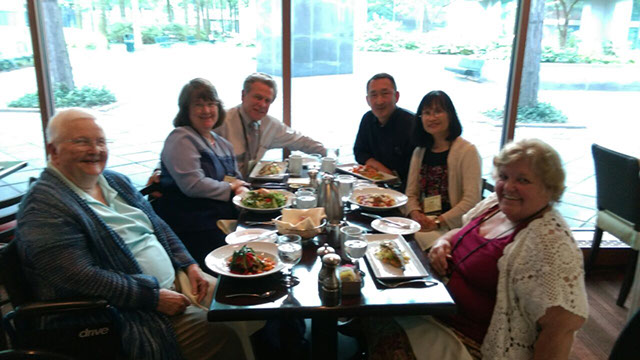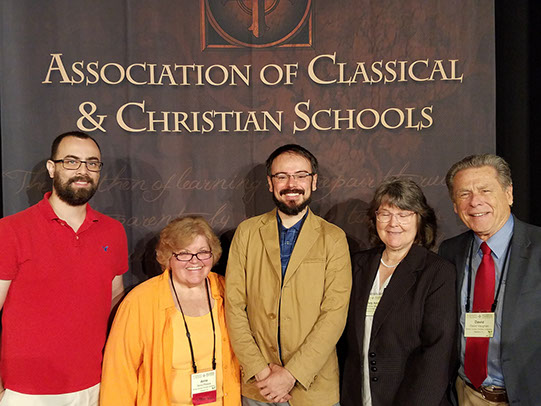Why Classical Christian Education?
Owen Strachan (2013) wrote an article in The American Spectator entitled “Why Classical Schools Just Might Save America” that proposed those who “value truth, morality, the unfettered pursuit of life, liberty, and happiness, and the Western Canon "should look to the Classical Christian education movement with its “study of Latin and Greek, the development of analytical and critical faculties (over against a narrowly defined body of facts),” as “exactly what is missing from the modern American public school” (para. 4).
While the Classical Christian education movement looks back to the Trivium method of Greco-Roman education, it also incorporates more modern understandings of child development as espoused by Piaget (1976). The ACCS’ Classical Christian philosophy is based in part on a definition of "Classical" drawn from Sayers’ (1947) essay, and Wilson’s (1991) book Recovering the Lost Tools of Learning. The Classical Christian methodology assumes students move through developmental stages in three broadly defined categories correlated to the Trivium, which were renamed by way of illustration in Sayers’ essay (1947). What Sayers called the Poll-parrot stage, in which young children like to memorize and chant various bits of information, coincides with the Grammar stage of the Trivium (Association of Classical and Christian Schools, 2001). As children grow into their pre-teen and early teens, they become more argumentative and questioning; this is what Sayers called the Pert stage, and coincides with the middle school years and the Dialectic or Logic stage of the Trivium, according to the ACCS, (2001). In their mid to late teens, children are more vocal and expressive; this is termed the Poetic stage by Sayers, labeled the Rhetoric stage of the Trivium and coincides with the high school years (Association of Classical and Christian Schools, 2001).
The purpose of education from the Classical Christian theoretical framework encompasses how to learn, when and what content is to be learned as well as the worldview from which to interpret and apply all knowledge (Association of Classical and Christian Schools, 2012).
Next Steps...
Have questions or want to talk about how we can help you and your organization?





